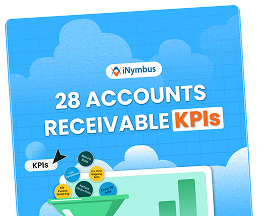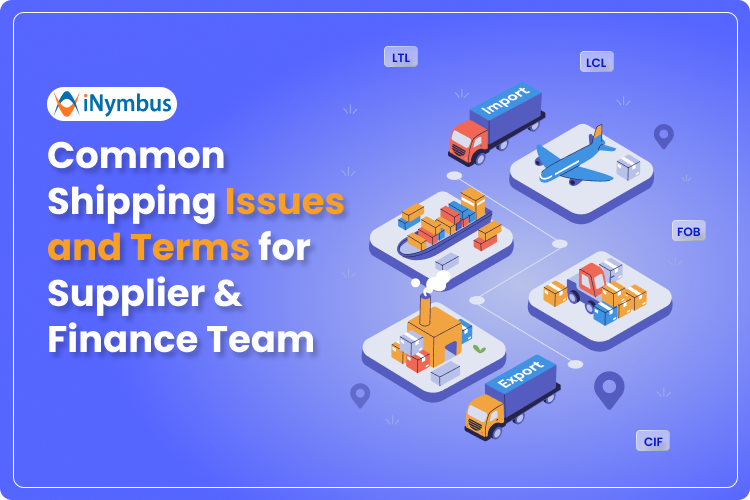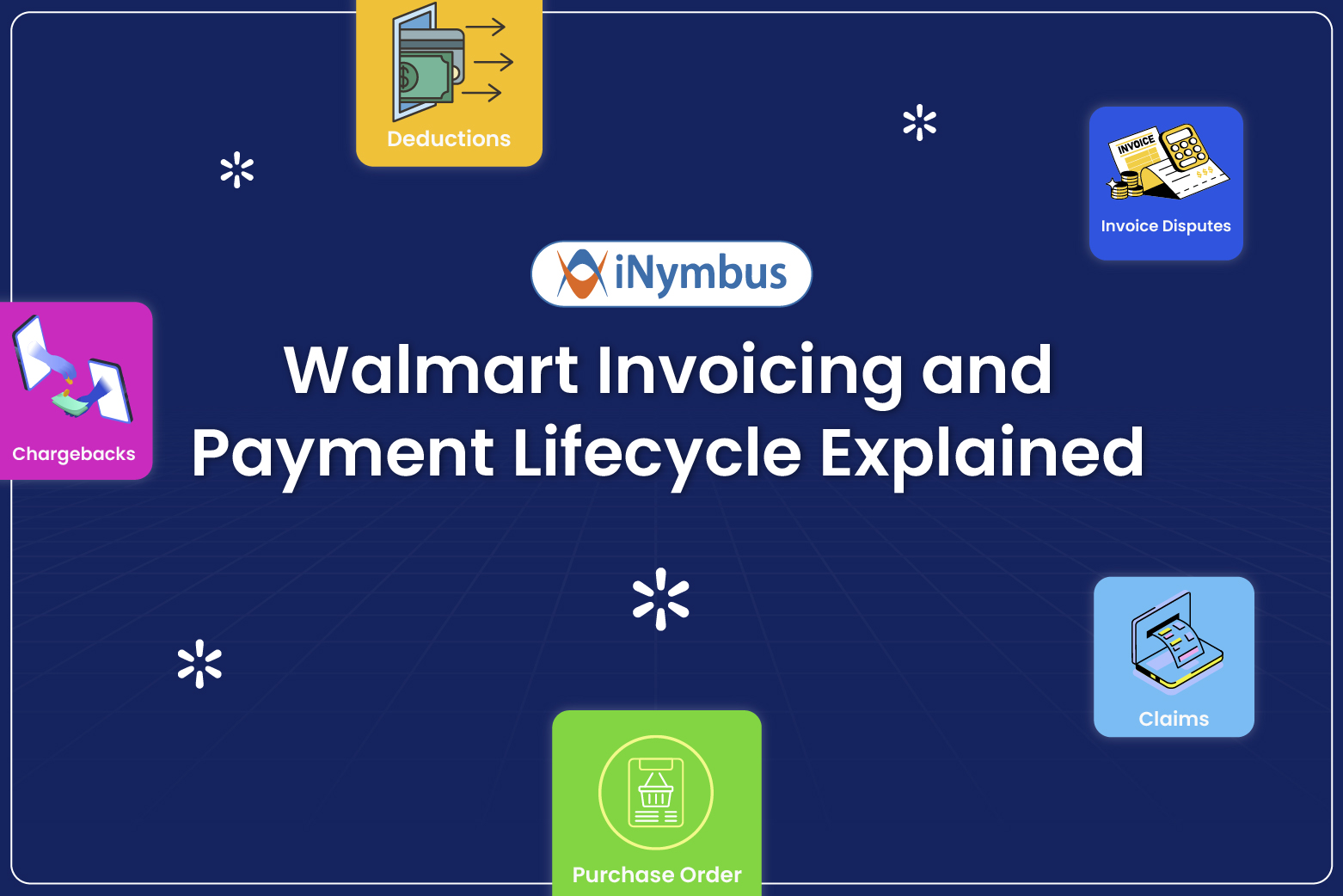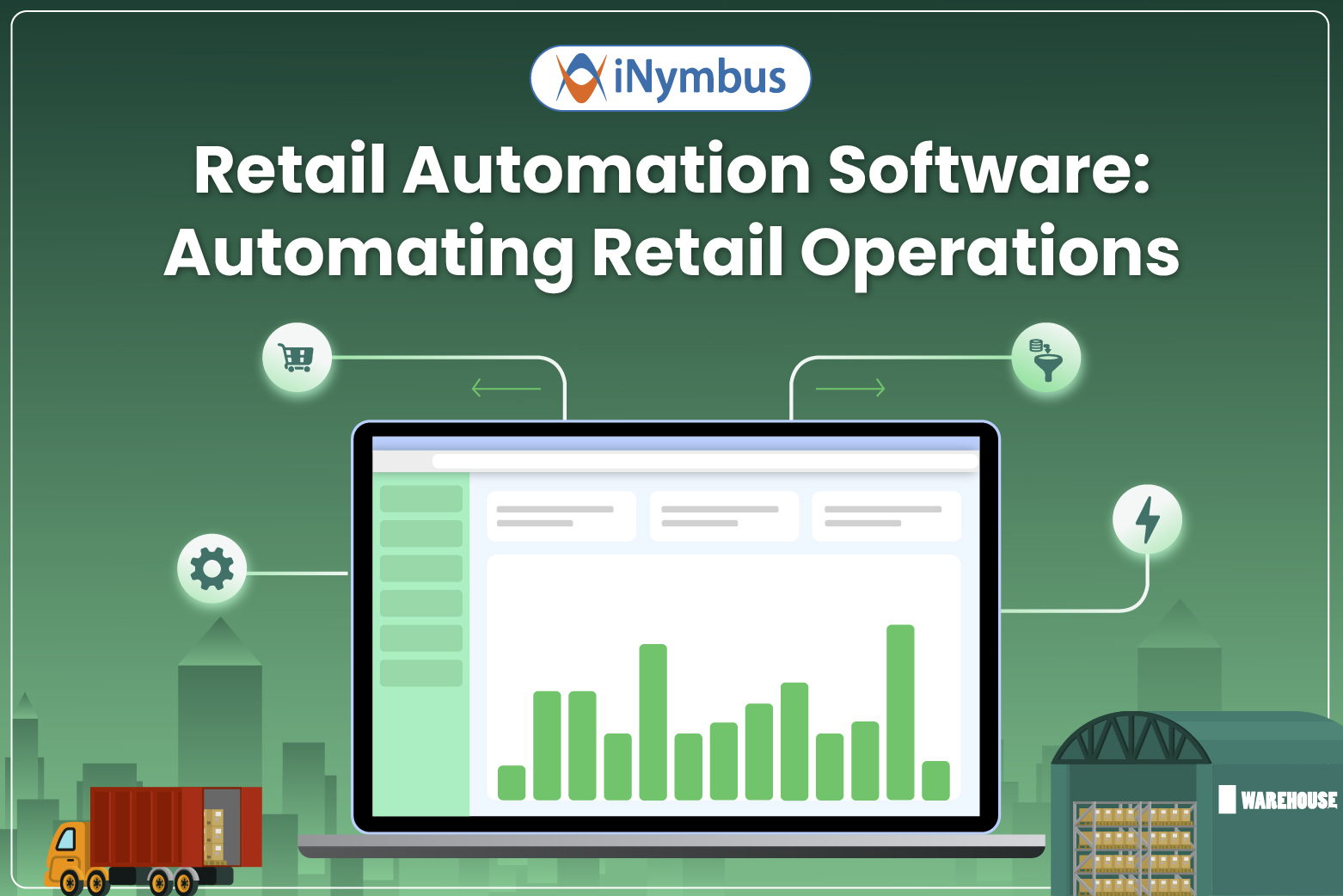-05.jpg?width=1562&height=1042&name=18-11-24-blog%20(1)-05.jpg)
When it comes to shipping goods, the terms "prepaid" and "collect" often come up, but what do they really mean? Understanding these terms is crucial for anyone involved in logistics, shipping, or freight claims management. Today, we're diving into the nuances of prepaid and collect shipping, exploring their implications, and discussing how freight claim management software can make your life easier.
What Does Prepaid Mean?
Let’s start with prepaid shipping. When a shipment is marked as prepaid, it means that the shipper pays for the shipping costs upfront before the goods leave the warehouse. This method has several advantages. For one, it allows shippers to have better control over their shipping expenses. They can budget accordingly and avoid unexpected costs that might arise during transit.
Prepaid shipping also simplifies the process for the recipient. Since they don’t have to worry about payment upon delivery, it can lead to a smoother transaction overall. Additionally, prepaid shipments often have clearer documentation because the shipper is responsible for ensuring that all records are accurate before the goods are shipped. This reduces potential issues during claims processing.
What Does Collect Mean?
On the flip side, we have collect shipping. In this scenario, the recipient is responsible for paying the shipping costs upon delivery. While this might seem convenient for shippers who want to defer costs, it can introduce some complexities. For example, if there are any issues with the shipment—like damage or loss—the recipient may be less inclined to file a claim since they didn't pay for the shipping upfront. This can lead to disputes and potential losses for the shipper.
Collect shipments can also create confusion regarding payment responsibilities. If a shipment arrives damaged and the recipient is unsure about who is liable for the charges, it can complicate matters further. This is why clear communication about shipping terms is essential.
| Aspect | Prepaid | Collect |
|---|---|---|
| Who Pays Freight? | Shipper/Seller | Buyer/Consignee |
| Control Over Carrier | Shipper | Buyer |
| Freight Claims Responsibility | Shipper (in most cases) | Buyer (in most cases) |
| Common Usage | For sellers offering FOB Origin/Prepaid & Add terms | Buyers who want to manage shipping themselves |
Financial Implications
The financial impact of Prepaid and Collect terms extends beyond the surface.
- Hidden Costs in Prepaid: When sellers choose Prepaid, they often mark up the shipping costs to cover administrative expenses. For buyers, this can lead to higher overall expenses unless freight invoices are carefully reviewed.
- Cost Optimization in Collect: With Collect, buyers have more opportunities to negotiate better rates and optimize routes. However, this requires resources and expertise. Inexperienced teams might inadvertently choose costlier shipping options or fail to spot billing discrepancies.
For both Prepaid and Collect, unresolved freight claims can result in financial leaks. Delays in claiming damages or lost goods directly affect cash flow—a problem that often goes unnoticed until it’s too late.
Explore our latest article on the financial impact of deductions and their effect on maintaining strong relationships with retailers.
Impact on Retailer Relationships
Shipping terms significantly influence the quality of your relationships with retailers—your key customers.
- Prepaid Shipping: Building Transparency and Trust
With prepaid shipping, retailers value the transparency of knowing their total costs upfront. This arrangement allows them to:
- Plan their budgets effectively.
- Avoid unexpected shipping fees.
- Gain confidence in their transactions.
Such clarity builds trust and fosters long-term partnerships. Retailers who feel secure in their dealings with you are more likely to prioritize your products and remain loyal over time.
- Collect Shipping: Potential for Confusion
Collect shipments, while offering retailers control over logistics, can sometimes lead to:
- Unexpected Cost of Shipping: Additional fees may catch them off guard.
- Unclear Responsibilities: Ambiguities around payment terms can create frustration.
These challenges can strain your relationship and negatively impact the retailer’s perception of your business.
- Fostering Stronger Retailer Relationships
To avoid misunderstandings and enhance satisfaction:
- Clearly communicate your shipping policies.
- Ensure retailers fully understand their responsibilities—whether paying upfront or upon delivery.
- Provide support to resolve any shipping-related concerns promptly.
By prioritizing transparency and proactive communication, you can strengthen your partnerships with retailers and create a seamless experience for them.
Freight Claims: A Hidden Complexity
Freight claims are often a hidden complexity in the shipping process. Whether you choose prepaid or collect shipping, claims can arise due to damaged goods or lost shipments. The difference lies in how these claims are managed.
With prepaid shipments, shippers typically have more control over documentation and processes, leading to quicker resolutions. They have all the supporting documentation ready since they paid for shipping upfront, which makes filing claims more straightforward.
However, with collect shipments, claims may become complicated due to disputes over who is responsible for payment and damages. If a recipient refuses to accept responsibility for damages because they didn’t pay for shipping upfront, it can create friction between parties.
How Freight Claim Management Software Fits In

Here’s where our freight claim management software comes into play! iNymbus simplifies the entire claims process by automating documentation (Bill Of Lading, Proof of Delivery). Whether you’re dealing with prepaid or collect shipments, our software ensures you have all the necessary information at your fingertips when filing a claim.
With features designed specifically for managing both prepaid and collect shipments effectively, you’ll streamline your processes and improve your bottom line.
Additionally, our software offers analytics tools that provide insights into your shipping patterns and claim history. This data can help you make informed decisions about which shipping method works best for your business model moving forward.
Why Understanding Prepaid vs. Collect Matters
Prepaid and Collect freight terms aren’t just logistical details—they’re strategic decisions that affect costs, efficiency, and relationships. Knowing the differences empowers you to:
- Choose terms that align with your operational priorities.
- Optimize your financial outcomes.
- Handle freight claims with confidence.
By pairing this knowledge with the right tools, like freight claim management software, you can turn a potential pain point into a competitive advantage.
Ready to Automate Freight Claims?
If you’re ready to take your freight claims management to the next level, consider implementing our software solution today! With features designed specifically for managing both prepaid and collect shipments effectively, you’ll streamline your processes and improve your bottom line.
In conclusion, whether you choose prepaid or collect shipping, understanding these terms is crucial for effective logistics management. By leveraging technology like iNymbus | Freight Claim Management Software, you can navigate these complexities with ease and confidence.
-05.jpg)







